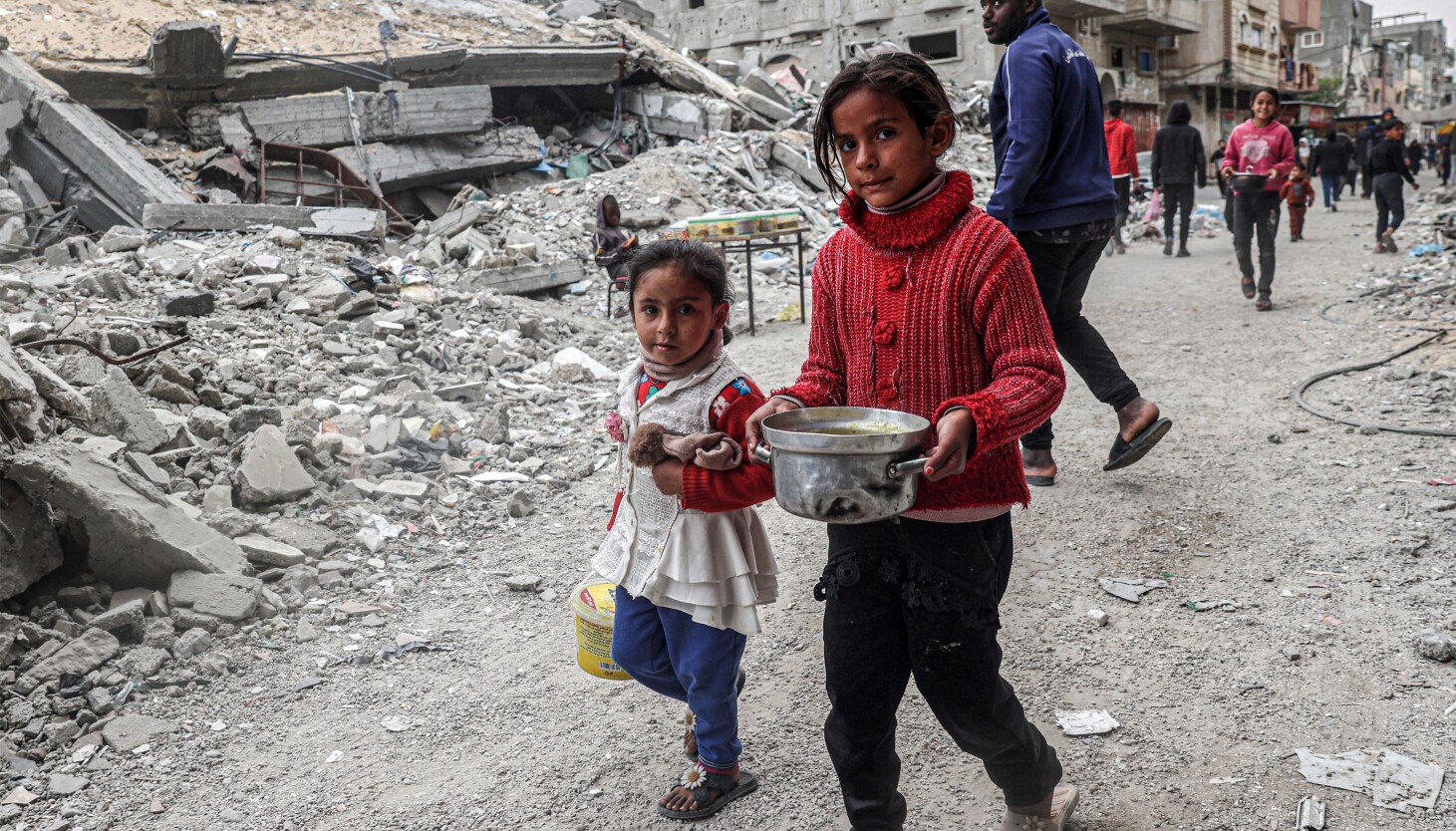As Kamala Harris accepts the Democratic presidential nomination in my home city of Chicago this week, humanitarian and medical aid workers like me are watching to see what action she and other world leaders plan to take to help at long last alleviate the desperate suffering in Gaza.
As the president and co-founder of MedGlobal, an international humanitarian aid organization headquartered in Chicago, I am particularly concerned about the ongoing logistical nightmare making it extremely difficult for or group and our partners to provide Palestinians with critical aid and care.
The Rafah crossing, long a vital gateway into Gaza for humanitarian aid and medical evacuations, has been closed since early May, when Israeli forces invaded Rafah and seized control of the crossing. This closure has made the situation in Gaza even more difficult and untenable, severing essential supplies and access to medical care for thousands of Palestinians. Despite international calls for humanitarian access, the situation remains unchanged, with devastating consequences for civilians.
Our logistical team working in Egypt to send medical supplies into Gaza has reported that since May 6, the closure of Rafah and the insufficiency of the alternative route via Kerem Shalom have resulted in a massive backlog. Looting and vandalism of crossing trucks have further discouraged organizations from sending more aid.
The impact of these closures and aid reduction cannot be overstated. Gaza, already besieged and impoverished, is now facing an even grimmer reality. Hospitals are running out of essential supplies, and patients with chronic illnesses or injuries requiring advanced care are unable to seek treatment. The closure of Rafah has trapped many Palestinians who need urgent medical attention outside Gaza. The resulting increase in mortality rates and the worsening health crisis are direct consequences of these restrictions.
Adding to this dire situation, the U.S. decided to permanently dismantle the Gaza pier, a maritime corridor initially established to supplement aid delivery. The $230 million pier faced numerous challenges, including bad weather and mechanical issues. The decision to dismantle the pier underscores the critical need for reliable and consistent land routes for aid delivery, highlighting the insufficiency of alternative solutions.
According to the International Rescue Committee (IRC), more than 80% of Gaza’s population relies on humanitarian aid to survive. The severe restrictions on movement and access, compounded by the blockade and repeated cycles of conflict, have devastated Gaza’s economy and infrastructure. Essential services like health care, education, and water sanitation are on the brink of collapse. Gaza last week reported its first case of polio in over two decades, a jarring and worrisome milestone.
Gaza is not the only place where we have seen this kind of scenario. In Syria, a similar blockade has led to severe humanitarian crisis, with border crossings used as leverage in geopolitical conflicts.
As a Syrian-American and a doctor who has provided medical care and training in both Syria and Gaza during the conflicts there, I see alarming parallels. Just as the international community continues to call for the renewal of border crossings in Syria to allow aid delivery, there is also an urgent need for a unified and effective international push to open the Rafah crossing and all land crossings between Gaza and Israel.
While negotiations for a much-needed cease-fire drag on, aid delivery and humanitarian access is far too pressing to wait any longer. The Biden-Harris administration and the international community cannot stand by as innocent lives are lost due to bureaucratic and political barriers. There is no more time to waste.
Dr. Zaher Sahloul is the president and co-founder of MedGlobal, an international humanitarian aid organization. He has decades of experience as a critical care specialist and contributor to humanitarian aid work around the world.
The views and opinions expressed by contributors are their own and do not necessarily reflect those of the Chicago Sun-Times or any of its affiliates.
The Sun-Times welcomes letters to the editor and op-eds. See our guidelines.
Get Opinions content delivered to your inbox.
